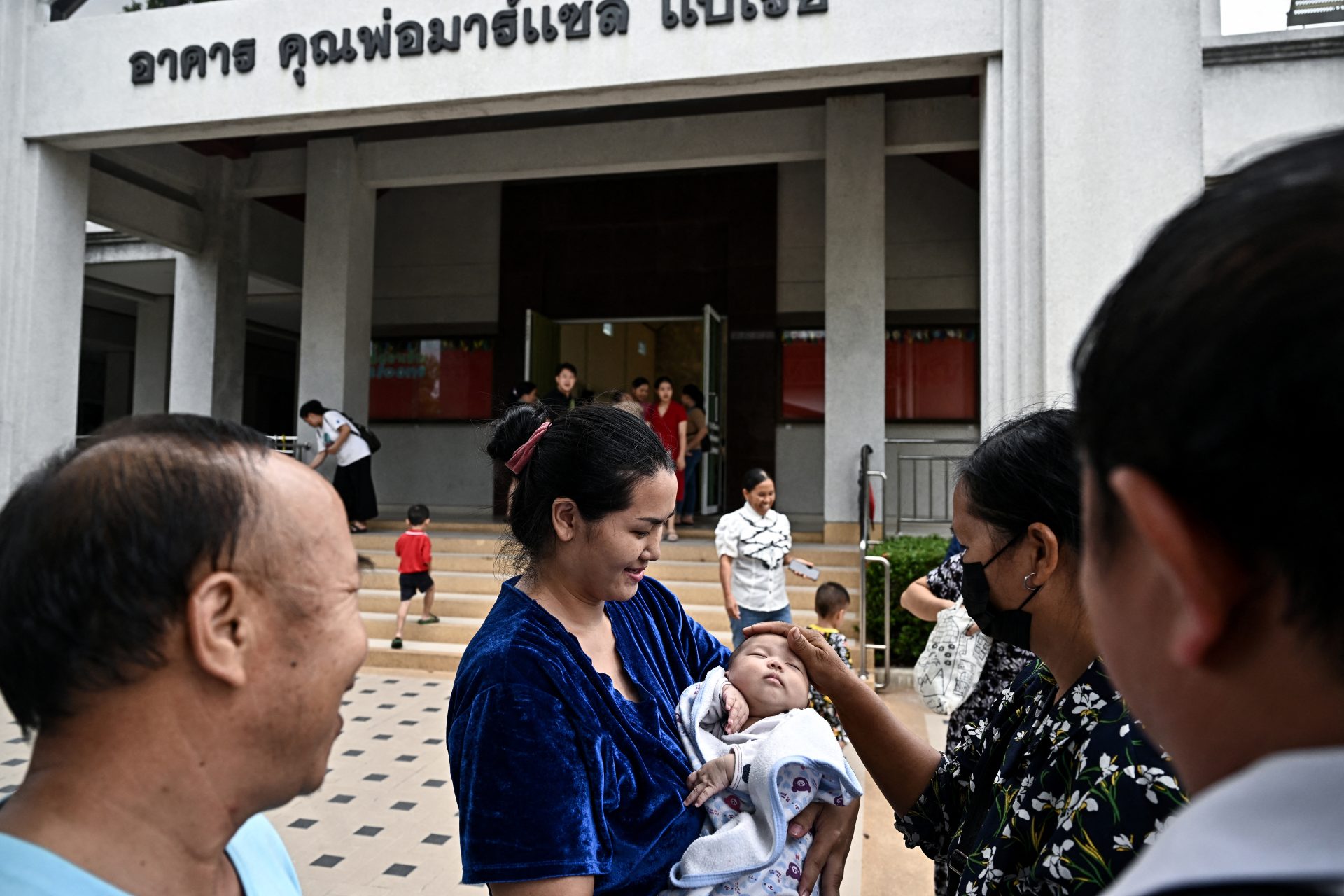Activists campaigning on behalf of Vietnam’s ethnic minorities will tell the United Nations about widespread discrimination at the end of this month, according to one protest group.
Boat People SOS (BPSOS) is a U.S.-based organization focusing mainly on human rights issues faced by ethnic minorities in Vietnam.
Vietnam joined the International Convention on the Elimination of all Forms of Racial Discrimination in 1982. The U.N. holds periodic reviews to assess the performance of signatory nations.
Vietnam has joined seven out of nine U.N. human rights conventions.
This month, Vietnam and other member countries will have to tell the U.N. what steps they have taken to eliminate ethnic discrimination. The U.N. will also allow civil society organizations to present their own testimony.
“The reason why BPSOS participates in United Nations reviews is to create an environment and forum for the people in the country to make the state accountable,” the group’s executive director Nguyen Dinh Thang told Radio Free Asia.
“In Vietnam today, the state has not fulfilled their responsibility because they look down on the people,
“When people know how to make reports, they can approach the United Nations directly or through intermediaries.
“They can raise issues with the Vietnamese state and the state must answer to the people through specialized committees on human rights.”
Nguyen Dinh Thang said his organization plans to denounce the Vietnamese government for implementing religious, economic, and cultural repression policies targeting ethnic groups and minorities such as the Montagnards in the Central Highlands, the H’mong in the north, and the Khmer Krom in the south of Vietnam.
“We have had many reports on human rights violations in general, and in fact, the indigenous ethnic groups are the most severely affected, including the Montagnards, the H’mong, and the Khmer Krom,” he said.
“The Vietnamese side never reports these things, but the United Nations has received hundreds of reports of violations, coming directly from people, most of whom come from the indigenous communities I just mentioned.”
Vietnamese state media regularly write about the alleged “illegal religious activities” of ethnic minorities. Minority groups have accused the police of targeting and repressing them.
Undocumented, ignored
Vang Seo Gia is a H’mong man who was born in northern Vietnam. When he was eight, his family had to flee to the Central Highlands due to religious persecution and eventually sought asylum in Thailand.
“We have a list of about five thousand to seven thousand H’mong people living in the Central Highlands,” he told RFA Vietnamese.
“They do not have any identification documents.
“Everyone knows the consequences of living for more than twenty years, nearly two generations, without papers … They do not have any civil rights.
“Without identification documents, you cannot access education [or] find a job in urban areas, because if you do not have documents, no one will know who you are or dare to accept you.
“They live as forest people in such areas. Then they give birth to children who cannot go to school and do not enjoy any social benefits.”
Vng Seo Gia chose to take a Vietnamese name and avoid using his real H’mong name, to avoid being recognized and discriminated against because of his ethnic origin.
Loss of language is also an issue of concern for ethnic minorities according to Y Quynh Bdăp, an Ede person from Dak Lak province, currently a refugee in Thailand.
“We Montagnards have our own language and in the Central Highlands, the Ede language has been used since the French period … but currently there are no schools for the Montagnards. As a result, many Montagnards now cannot speak Ede,” he said.
Montagnards in the Central Highlands have also lost land to urban and farm projects causing conflict between the state and indigenous communities.
In June this year, nine people were killed in an attack on two commune committee headquarters in Dak Lak province. The government has prosecuted 92 people for allegedly being involved in the incident, all of whom are members of ethnic minorities in the Central Highlands.
